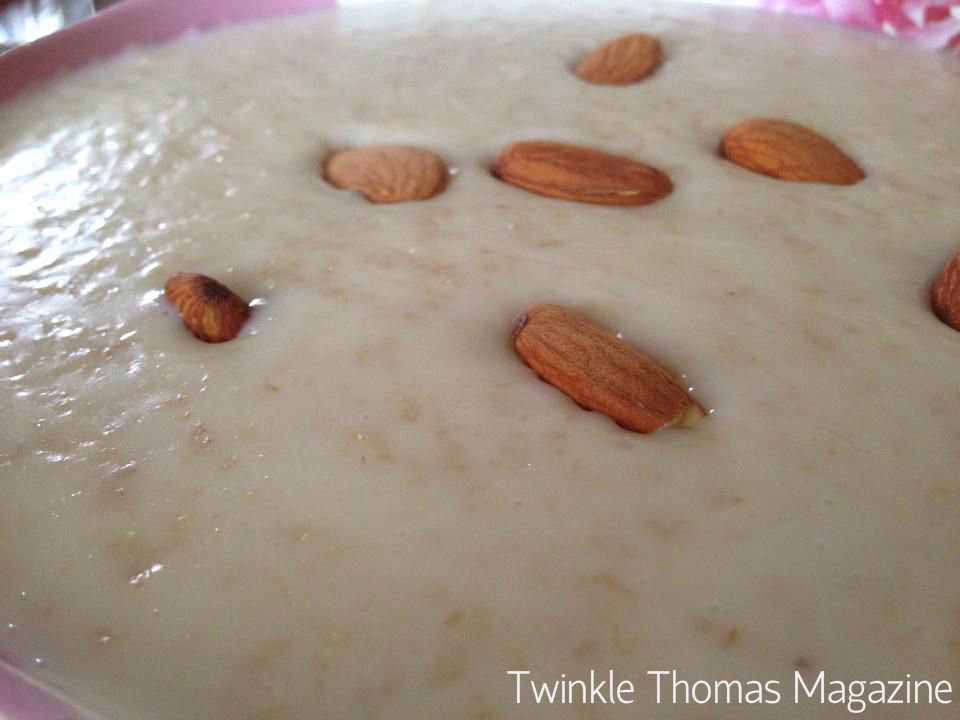
Now, when you are 6 months away from the birth day of your child, you maybe know a lot. The first months which are most difficult to getting used to the new role of the mother seems to be not an extraordinary thing anymore. You are now pro in everything you do and have a clear idea what your baby wants, when is the time for him/her to sleep, wake up, eat, play, cry and repeating all of these again and again. However, when the 6 months are passed, there is another bunch of questions which should get their answers. And those are: what now? What should my baby eat?
Well, just thinking about breastfeeding and going with it could have been pretty easy for you. Now it’s time for you pass to another stage. There are special types of food which should be included into the diet of your baby. Some of those foods are:
Cooked vegetables
You can ow start giving to your child some soft cooked vegetables. However, there is a note to be taken here: make sure to give your baby a try, make it clear for you that your baby takes every types of a veggie without any allergic reactions to them. After, you will be more easily mix some veggies together, have them soft cooked and have no problem with that.
Fruits
Purees from fruits are an amazing part of the foods for babies. However, as for veggies here as well you should check the possible allergic reaction of your baby, only after take this or that fruit into the diet plan. You can start with the purees from apples, bananas, avocado, strawberries. Note: some of those fruits can really be allergic, so checking it beforehand is very crucial.
Cereals
Same as for the fruits and veggies: check it before giving it whole. If your child is having a normal reaction to cereals as well, then you can make rice cereals and oatmeal, which are really amazing for your baby.
Things you should know
It is important to remember that your baby is a new eater and it will need time to pass to the food from the milk. So don’t forget about this while deciding the portions of anything. Make it 1 to 2 tablespoons and don’t force your child to eat more then he/she can.
The possible month for starting giving your baby cereals or purees is usually counted to be the 6 months. However, according to some researches, starting from the 4 months’ child may show the interest to solid food. In these cases, starting this plan from the 4 months is pretty much normal, however you should consult your pediatrician before starting it.
Allergies are always important. Because this is the first time you baby is trying this or that thing, you should make sure that the common allergens of a fruit won’t effect on your baby and then only proceed to feeding your baby with that.
In order to keep it simple, you can always make a schedule, which will include info what fruits, veggies or cereals you will give to your child. You can also divide this into days, having said this: Monday is the day for this veggie, Tuesday for this one etc. This will help you think less about “what to prepare today” question. Following the schedule is always easier than deciding it every day.
This is the most of the things that you should know about feeding your baby starting from the 6 months (or in some cases even 4 months) to 8 months. Follow some simple rules of making purees and checking the allergic reactions and you will have absolutely no problem of feeding your baby. After all, your baby is growing and will help you with signs and mimic expressions if something is not done properly. So, don’t worry and just enjoy this whole process.







